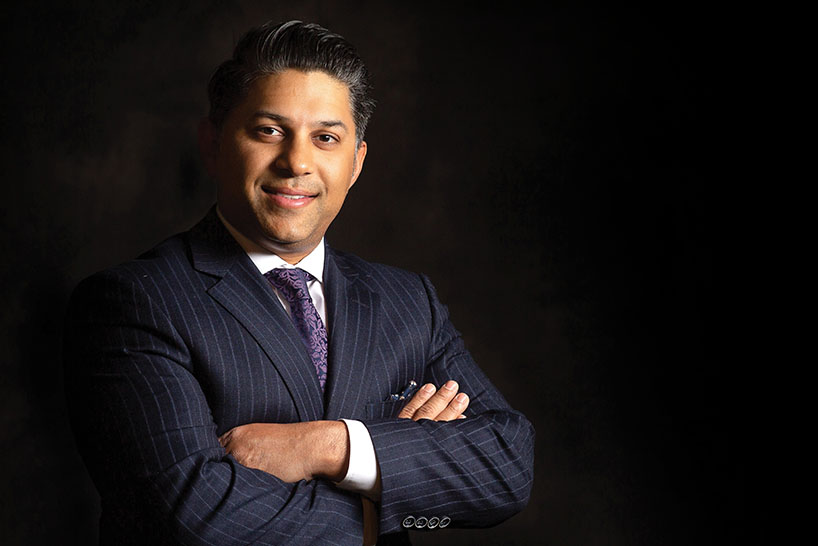Chapter 13 Repayment Plan
Your repayment plan will describe how you plan to pay each type of debt. Arrears on your secured debts, like car loans and mortgages must be repaid 100% through the plan. Next, your repayment plan will show how much income is left over to pay your unsecured debts, like credit cards and medical bills. The unsecured debts do not have to be paid in full. They can be paid back pennies on the dollar. Usually, you will pay much less than the actual balance owed on these debts. It depends on the amount those unsecured creditors would have received in Chapter 7, either based on the results of the Means Test, or because of the unprotected assets.
The bankruptcy trustee carries out your repayment plan by collecting payments from you and sending them to your creditors. In addition to secured debts, there are other debts that must be paid in full. These are called “priority debts.” Priority debts include, but are not limited to, child support and spousal support, wages you owe to employees, and money you owe to the government, like tax obligations.
The plan must be possible in order to get confirmed by the court. All disposable income must be available to pay all normal living expenses, plus the plan payment. Income may be from any source, even contributions from non-filing parties.
Some plans may be modified downward after confirmation, if your circumstances change. Any loan modifications received after confirmation require court approval. 100% plans may be pre-paid to shorten the term.
Legal Editor: Thomas M. Denaro, March 2015
Changes may occur in this area of law. The information provided is brought to you as a public service with the help and assistance of volunteer legal editors, and is intended to help you better understand the law in general. It is not intended to be legal advice regarding your particular problem or to substitute for the advice of a lawyer.
Our Lawyers

Anand K.
LRS Lawyer
Our lawyers are screened and approved – they have all gone through an application and interview process. Each lawyer we recommend has been screened for significant experience, knowledge of ethics codes and rules, and law office practices, including customer service skills and handling of fees and billing.
About Us
When you call us, you will be speaking with an attorney. One of our attorney referral counselors takes your call and talks with you about your legal question, or reviews your online referral request. There is no charge to speak with one of our attorney referral counselors -- we’re here to help.

